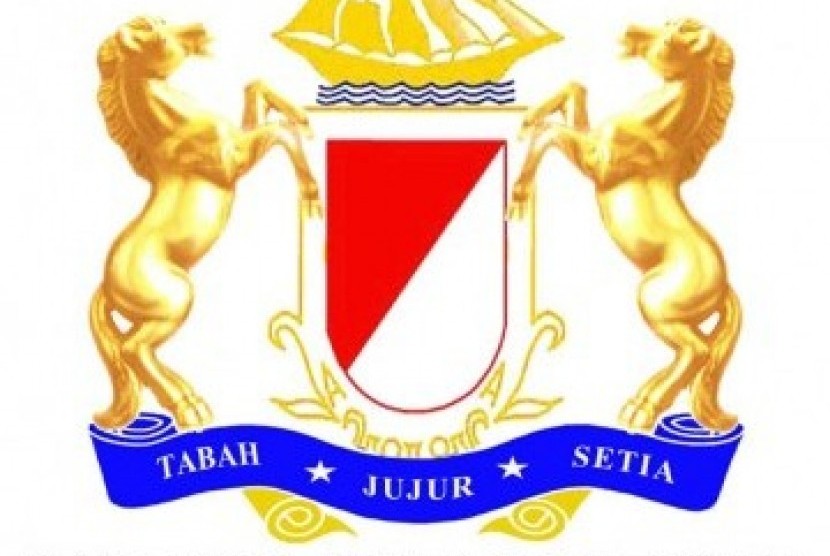REPUBLIKA.CO.ID, JAKARTA -- The Indonesian Chamber of Commerce and Industry (Kadin) has urged the government to not ban all maritime transshipments of fisheries products, a Kadin official said.
"Kadin hopes that the proposal will take the reality in the field into consideration before the ban is implemented. So, hopefully, not all transshipments will be banned," Kadin Chairman for Marine Affairs and Fisheries, Yugi Prayanto, remarked in a written statement here on Thursday (1/1).
He added that not all ships carrying out sea transshipments were rogue ships. "Not all of them are rogue," he affirmed.
The Kadin chairman pointed out that if the ban was imposed on fishermen from all categories, their tuna catch could rot.
Prayanto explained that the small, or even the relatively larger, ships owned by fishermen did not have the same technology, such as cold storage units, as large ships.
"They only use ice cubes to preserve their catch. It will not be feasible for them to sail back to land and then return to sea again," he observed.
Therefore, Kadin hopes that the ban on maritime transshipment of fisheries products does not take effect. It should, instead, be adjusted to be practical so it caters to the reality in the field.
It was earlier believed that sea transshipments of fisheries products involved the practice of illegal fishing in various countries, including Indonesia.
"The Food and Agriculture Organization of the United Nations also highlights that transshipment is an indicator of Illegal, Unreported and Unregulated (IUU) fishing," activist and secretary general of the People's Coalition for Fishery Justice (Kiara), Abdul Hakim, noted.
After all, he added, some 30 percent of fish from Indonesia sold in the world market had indications of being products of IUU fishing.
In the meantime, Kadin has been supporting the development of the maritime sector in an effort to regain the country's past economic maritime glory.
"Kadin will focus on discussing the nation's maritime identity and ways to develop its capability in managing the sea as a source of its people's prosperity and as a world maritime axis, based on the government's goal," Kadin General Chairman Suryo Sulisto said in a written statement last month.
For this purpose, Sulisto stated that the fuel subsidy needs to be diverted to accelerating the development of maritime infrastructure and logistics, to repairing seaports, and to reinforcing shipyard industry, fishery industry, and tourism.
Kadin also wants the reallocation of fuel subsidy to strengthen Indonesia's economic structure. Infrastructure that supports the government's food self-sufficiency program and the Indonesian industrial structure should be established.
Moreover, Kadin chairman for marine affairs and fisheries, Yugi Prayanto, affirmed that the chamber also hopes Indonesia will become a world fish processing center, in line with the world maritime axis concept proposed by President Joko Widodo.
"We are optimistic that by turning Indonesia into a world fish processing center, its exports will increase from US$4.1 billion in 2013 to US$40 billion in 2019," he said.
Prayanto urged the government to take immediate steps to transform Indonesia into a world fish processing center, considering that Indonesia's fisheries sector has great potential.
He further remarked that the government should take several important measures, including standardizing all fisheries products so that they can be officially registered at regional and international levels.
In addition, the government should also begin processing fish from the world in Indonesia based on its standardized procedures.
"It will be the same as establishing Starbucks or McDonald's in Indonesia because the quality of products in these international food chains is the same as that in the United States," Prayanto pointed out, adding that Indonesia could, thus, develop a world fisheries processing center.
The Kadin deputy general chairman opined that the world fish processing center could also involve other countries. For instance, by importing salmon from Australia and Norway and processing it in Indonesia, it could involve the two countries.
According to Prayanto, this will greatly benefit Indonesia as the country's labor cost is relatively lower than those in other fish-producing countries.
This will also encourage the government to develop skilled local manpower, which will be able to compete with workers from other countries, besides encouraging national banks to increase their investments in processing industries.
"The materials that come from overseas can be processed into finished, ready-to-serve products that can be further exported to advanced countries," he stated.


